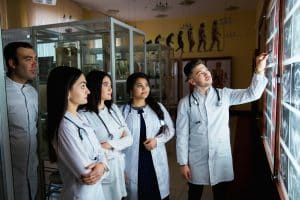There are roughly 200 special master’s degree programs for pre-medical students available in the United States. Although there are no numbers for how many students graduate each year from these programs, 19.2% of new medical students[1] who responded to the American Association of Medical Colleges’ (AAMC’s) Matriculating Student Questionnaire in 2020 said they had spent time between graduating from their bachelor’s degree program and entering medical school completing premedical coursework of some type.
All special master’s degree programs are designed to help you get into medical school (or another health pre-professional program). What makes the Tiber Health Master of Science in Medical Science (MSMS) different? We’ll explain in this post.

Holistic Admissions Requirements
Many special master’s degree programs have rigid requirements for student grade point averages (GPAs), Medical College Admission Test® (MCAT) scores, or Graduate Record Examination® (GRE) scores. Students who apply to these programs may be immediately cut from consideration if they do not meet these standards.
Tiber Health partner schools take a different approach. They’re looking to support students, particularly those from traditionally underserved backgrounds, who have the potential to be excellent medical professionals but who may have underperformed in college for a variety of reasons. When you apply to one of our MSMS partner schools, you’ll be evaluated across a broad range of criteria. What matters to our schools is that you show academic aptitude, determination, and a true passion for a career in healthcare—no GRE or MCAT scores required.
Curriculum That Mirrors MS1 Content
Tiber Health MSMS schools teach a standard one-year curriculum based on the courses taught in a Liaison Council on Medical Education (LCME)-accredited medical school program. These courses include:
- Human Gross Anatomy, Embryology and Imaging
- Histology and Cell Biology
- Microbiology I
- Neuroscience
- Medical Biochemistry I and II
- Physiology I
- Interprofessional Perspectives in Health Disparities
- Medical Ethics
This allows students to demonstrate to admissions committees—and themselves—that they have what it takes to perform in the demanding academic environment of a medical or other health professional program. Through the study of medical ethics and health disparities, students can also begin to develop their own philosophy of practice, defining their professional identity and identifying the patient populations they want to work with most.
More Productive Class Time
The Tiber MSMS doesn’t just teach the same classes you’d take during year one of medical school. Our partner schools teach them in a way that’s designed to help you engage deeply with the course content, thinking critically about the issues raised in class and collaborating with classmates to solve problems or investigate ideas.
This involves what’s known as a “flipped” classroom model: lectures are delivered online to be watched on your time, and incorporate activities like quizzes and virtual labs. Then, in class, your instructors lead you through discussion and investigation of the ideas raised in the lecture. Activities usually include hands-on experiences, such as dissection using virtual cadavers. Using this model helps you go beyond memorizing flashcards or highlighting in a textbook—instead, you apply theory in practice from the very beginning of your MSMS journey.
Predictive Analytics
The online learning and in-class activities that use technology in our MSMS programs are built on the Tiber Health Analytics Suite. This technology makes it possible for our partner schools to gather hundreds of thousands of data points about each student’s performance in their classes. With this data, instructors can identify individual students’ strengths and weaknesses and plan ways to help each student address their academic deficits. Instructors can also see how students react to the curriculum as a group, ensuring that courses are continually improved.
Most importantly, gathering all this data allows us to generate a prediction of how each student would fare on the U.S. Medical Licensing Exam (USMLE) – Step 1. Most medical students take the USMLE Step 1 at the end of their second year of medical school. By predicting your USMLE results, you have a good idea of whether medical school is the right choice for you—and so will medical school admissions committees.
Advising and Support from Day One
Technology is amazing, but it’s meant to add value to your learning experience, not replace it. Building connections with mentors who can help you define, refine and pursue your goals is what matters most. When we partner with a school to offer the Tiber Health MSMS there, part of what we look for is a culture of support and robust advising for students—faculty and staff who understand what it takes to launch a medical career, and who are passionate about guiding students along the path.
Empowered with the data we generate through our program, these advisors can help students identify the next steps they need to take to achieve their goal of getting into medical school. They can also help students explore other health career options, such as physician assistant training, dental school, medical research or medical device sales.
Linkage Opportunities
Finally, our partner schools can offer students who excel in the MSMS preferential consideration for admissions at select medical schools and other professional programs. For example, all students who graduate in the top 20% of their MSMS class and who have proficiency in Spanish can interview with Ponce Health Sciences University (PHSU), which offers an LCME-accredited, culturally focused MD program in St. Louis, Missouri or Ponce, Puerto Rico.
Each of our seven partner schools may also have additional linkage opportunities with other programs—for example, students who graduate from the MSMS at PHSU in St. Louis can receive a guaranteed interview at A.T. Still University – Kirkville’s DO or pharmacy program if they have a GPA of at least 3.4 and an MCAT score over 500.
Find Your MSMS Program
Interested in learning more about the Tiber Health MSMS? Explore our website to find a partner school near you today!



